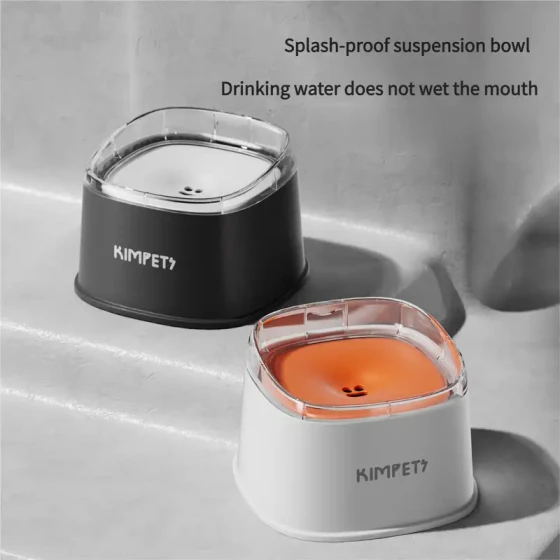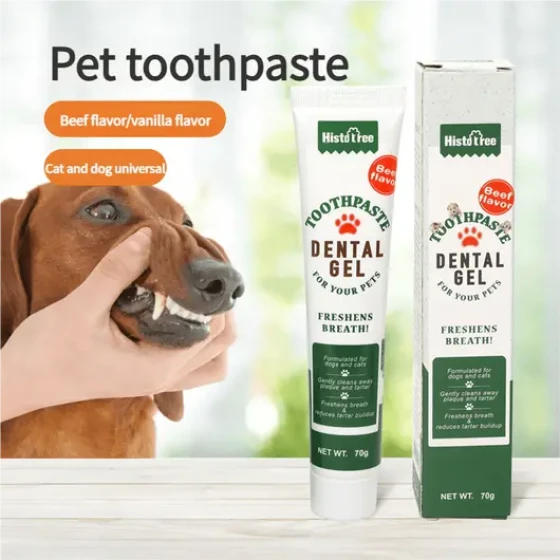Four Points to Adhere to When Raising Dogs

Dalmatian
Raising dogs is a lifelong matter; many habits need to be developed during everyday care. In the daily raising process, many things require the owner's persistence. After all, raising a dog is not temporary; only by consistently maintaining good care and feeding will the dog repay you with their beauty.
1. Feeding dogs with fixed time, fixed amount, fixed temperature, and fixed quality feeding system: Fixed time means feeding at the same time every day without advancing or delaying. Timed feeding helps dogs form conditioned reflexes regularly, promoting regular activity of digestive glands, and allowing the digestive system to work and rest regularly, also improving feed utilization. Usually, dogs under one year old are fed three times daily; puppies under three months, four times daily; puppies under two months, five times daily; puppies under one month, six times daily. In winter and for dogs over one year, feeding once in the morning and once in the evening is suitable, preferably after exercise, and cultivate a habit of eating after defecation. If a dog has no appetite and refuses food, you can withhold food for one day to restore appetite.
Fixed amount feeding means the amount per meal should be relatively constant to avoid uneven hunger or fullness. Overfeeding can cause indigestion; underfeeding will make the dog hungry and unable to rest quietly.
Fixed temperature means adjusting feed and water temperature according to seasonal temperature changes to achieve "warm in winter, cool in summer, and moderate in spring and autumn." Fixed quality refers to the daily ration formulation meeting the raising standards for dogs in different physiological states.
2. Fixed feeding bowls and fixed feeding place: Raising dogs requires a fixed food bowl and water bowl placed in a fixed location. Dedicated dog bowls should be kept clean and regularly disinfected to prevent diseases caused by unclean utensils. Moreover, having fixed feeding bowls and places helps the dog form good eating habits.
3. Providing sufficient drinking water: Use fixed water bowls to supply dogs with adequate drinking water at any time. Water should be tap water, well water, or clean stream water; kitchen scraps or surface accumulated water are prohibited. Provide warm water in winter and increase water volume in summer. Water utensils can be disinfected by soaking in 0.1% New Jiermie solution or bleach water, then rinsing thoroughly to remove odors; alternatively, wash and boil to disinfect.
4. Frequently observe the dog's eating condition: When feeding, regularly observe the dog's eating conditions, mainly including whether appetite is good, whether food intake changes, and if there are significant changes in mental state during eating. If the dog's appetite is poor, the cause may be unpalatable, stale, or odorous feed, or feed that is too salty or sweet; or feeding place factors such as strong light, noise, or interference from other animals. If these reasons are excluded, the dog may be ill and should be promptly examined by a veterinarian.



-560x560.webp)

